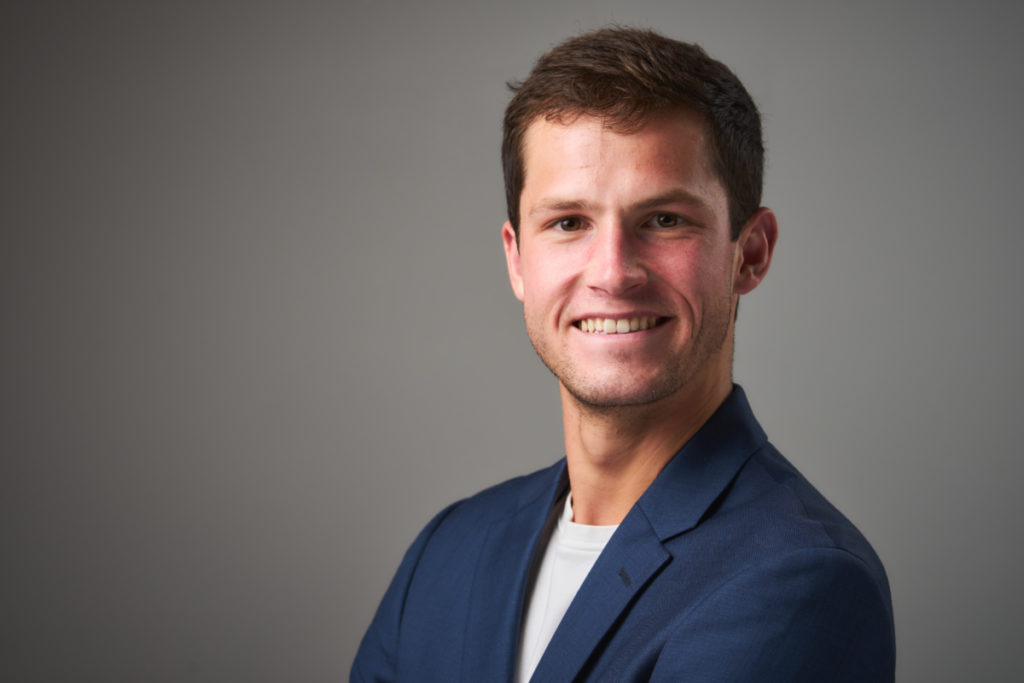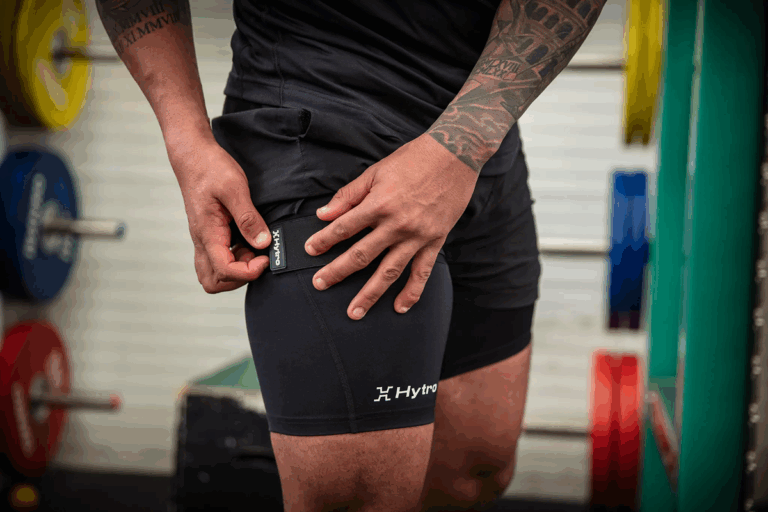In this Q&A, you’ll hear from Matt Wan of JAZZ Venture Partners on key learnings from 2022, trends in personalized medicine and metabolic health, and the impact of economic headwinds.
What are your biggest learnings from 2022?
Matt Wan: Rising interest rates, tightening budgets, and changes to the digital marketing ecosystem have permanently changed the dynamics for DTC businesses.
We believe high growth in this segment will likely be increasingly rare to find, and I am encouraging most of the founders I meet with in this space to avoid VC funding.
In terms of consumer behavior, the delivery economy is not going anywhere, but neither are retail and live entertainment businesses. The gym membership numbers Fitt Insider has published recently are prime evidence of this.
How is the macroeconomic environment impacting dealmaking?
MW: It’s dramatically slower than a year ago. There is an expectation of a recession, but there’s uncertainty as to exactly what that will look like, so many investors are choosing to wait until a few more cards have been turned over.
On a positive side, with less competition for deals, it gives VCs more time to get to know entrepreneurs and deeply understand their businesses.
Valuations have naturally come down as well. While startups in need of capital must be price-takers, firms are highly wary not to overpay in today’s market, and it’s not always clear what makes for a fair price.
In response, more firms are looking to build syndicates for their deals with the expectation that having multiple deep pockets around the table will be critical to future rounds of funding.
What surprised you most in 2022 — what trend or market did you change your mind about?
MW: It’s hard not to mention the macroenvironment here. Perhaps inflation was not surprising to everyone, but war in Europe was certainly unexpected. I think if you asked people a year ago where the S&P would be in 12 months, most would have sharply underestimated the selloff (myself included).
For the most part, the supply chain issues which plagued so many businesses in 2020 and 2021 resolved quicker than I expected them to, too. The unfortunate side of this is that many brands are now sitting on more inventory than they would like because they saw huge demand and huge lead times in 2021, both of which have now pulled back.
Another surprise, when COVID forced businesses to go remote, I expected this would permanently shrink demand for air travel. Now that restrictions have relaxed, it’s not clear to me that this is actually the case.
What trends are you most excited about going into 2023?
MW: We’ll be watching the progressive improvements in continuously analyzed (real-time) monitoring devices and at-home testing. Costs should continue to come down, and the addition of lactate, cortisol, and other biometrics to the platforms is close on the horizon.
Personalized medicine will also be on the rise. The marginal cost of computing and sequencing genomes is on a path to zero, and it’s driving a revolution in bioscience. As such, we expect to continue investing heavily in this space.
Watch weight loss and metabolic health, too. The former is a recession-proof, highly painful consumer and medical problem. The latter is a rapidly evolving field of study which may be key to understanding and addressing countless chronic conditions.
I believe pharmaceuticals will play a key role in addressing the obesity epidemic, and a new class of drugs, GLP1-agonists, is an exciting step forward.
What advice would you give founders facing uncertainty in the current economic climate?
MW: Expect to operate in an environment where investment dollars will be harder to come by and more expensive than they have been in recent years, and where investors favor capital efficiency over high growth.
The relative value of a dollar earned today versus a dollar earned a year from now has shifted significantly — this is the nature of a rising interest rate environment. If you must raise, give yourself at least six months to do so, and try to raise enough to last two years or more.
If you plan to use debt to extend your runway, consider exploring that option sooner, as you’re likely to find more options when you’re sitting on a higher cash balance.
Try not to anchor valuation expectations on what you’ve seen over the last three years either — those were not normal. Dilution matters, but focus on finding the deal (and partners) that most meaningfully increases your chance of success.
There are likely still investors in the market who will pay an out-of-market price to win deals, but you should consider carefully whether that group is the best fit for your operational needs and whether they are in a position to support future rounds of funding.
Lastly, be willing to look beyond venture firms for funding. VC dollars are not right for every business and are certainly not the only way to grow a lucrative and fulfilling business.






